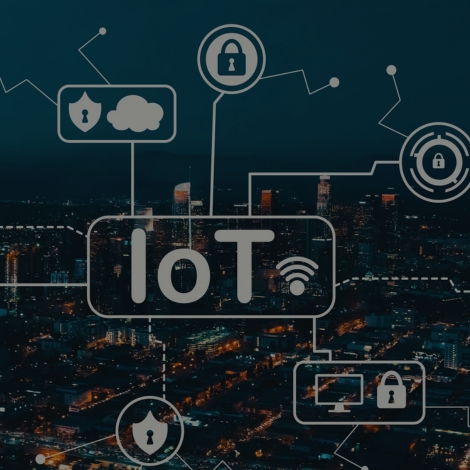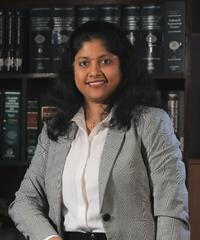
Notice
This article was also published in Lexology.
The Internet of Things (IoT) refers to billions of physical devices around the world that are connected to the internet and share data with each other. As the name implies, IoT refers to devices that traditionally may not have internet connections but can become ‘digitally intelligent’ when connected to the network without human intervention.
Today, anything can potentially be an IoT; a lightbulb that can be operated via a smartphone app, smart meters that can monitor and record electricity consumption, or even a driverless car. On an even bigger scale, smart city projects fill entire regions with different types of sensors to monitor and even control the environment. Kevin Ashton who coined the phrase ‘Internet of Things’ in 1999, describes IoT as “The IoT integrates the interconnectedness of human culture — our ‘things’ — with the interconnectedness of our digital information system — ‘the internet.’ Read MoreABOUT THE AUTHOR

Devi MS
Devi MS is a Partner with K&S Partners and has over 17 years of experience in the domains of computer sciences, electronics and design.
- devi.kumar@knspartners.com

